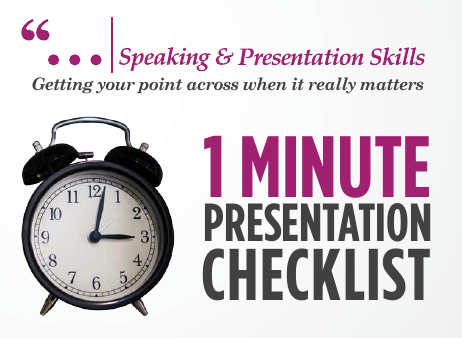The level of response to direct mail is one of the most shocking facts in advertising. A few years ago, the Direct Marketing Association surveyed 1,122 industry-specific campaigns and came up with an average response rate of 2.61 per cent. That’s a failure rate of over 97 per cent!
The figures for 2010 are not much better, on either side of the Atlantic. The DMA in the US reported 3.42 per cent response from a house list and 1.38 per cent from a prospect list. Email to a house list got a 19.47 per cent open rate, 6.64 click through rate, and a conversion of just 1.73 per cent.
SME’s report a typical direct mail response rate of less than one per cent. Forgive me for throwing all these figures at you, but I think you’ll agree that such results amount to a waste of time and money.
I once approached a blue chip company that was mailing its members to offer membership renewal by continuous credit card authority (direct debit by credit card). Their large ad agency had just achieved a 12% response, and everyone was celebrating.
I offered an alternative approach, and got a 32% YES response.
The point is that it is not written in the stars that you should have a single-digit response rate. There are things you can do to deliver a better return on the money you spend. Here are a few:
- Provide an incentive to reply, even if it’s to say No thanks. The more replies you get, in total, the higher will be the Yes response.
- Plan a series of mailings and other follow-ups, not just a single shot. Some people need seven contacts before they say Yes.
- Segment your list and make a specific offer/approach to each segment, rather than the same message to all.
One more piece of advice. Use a professional copywriter with experience of direct mail. Unless you are one yourself, do not write your own mailings. At the same time, do not expect a copywriter to wave a magic wand. Give him or her a chance to develop the right relationship with your prospects and customers.
It will be money well spent.






